Discover the
Medland difference
Brisbane’s most trusted dentists offering a full range
of dental treatments with exceptional care.
Welcome to
Medland
You’re in good hands.
Our dental clinic has been built on over sixty years of excellent dentistry and oral healthcare, with an emphasis on exceptional patient care.
Medland provides what many think is impossible – an enjoyable visit to the dentist!

On-site laboratory
Care for anxious patients
Free courtesy transport
60+ years history
Meet the team
Active maintenance
Why we prefer NOT being “preferred”
Read our blog

Discover the
Medland difference
Our team are passionate about ensuring every patient leaves the clinic with a smile, and full confidence they are receiving the best dental care in Brisbane.
Whether it’s active maintenance, management of a broken tooth, cosmetic dentistry, root canal treatment, dental implants or emergency treatments, you can rest assured your dental health and happiness is our number one priority throughout each of your appointments.
It’s about making your visit to the dentist as comfortable and pleasant as possible.
We look forward to taking care of you and your family’s oral health.


